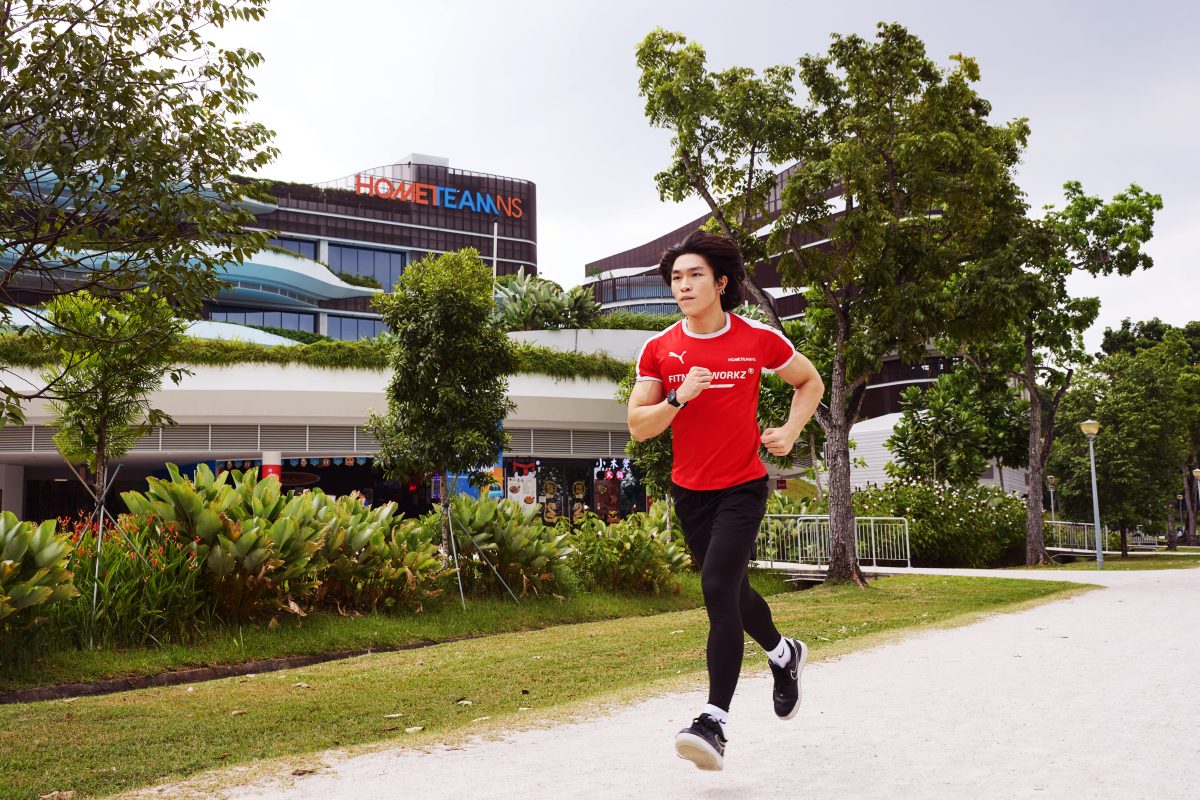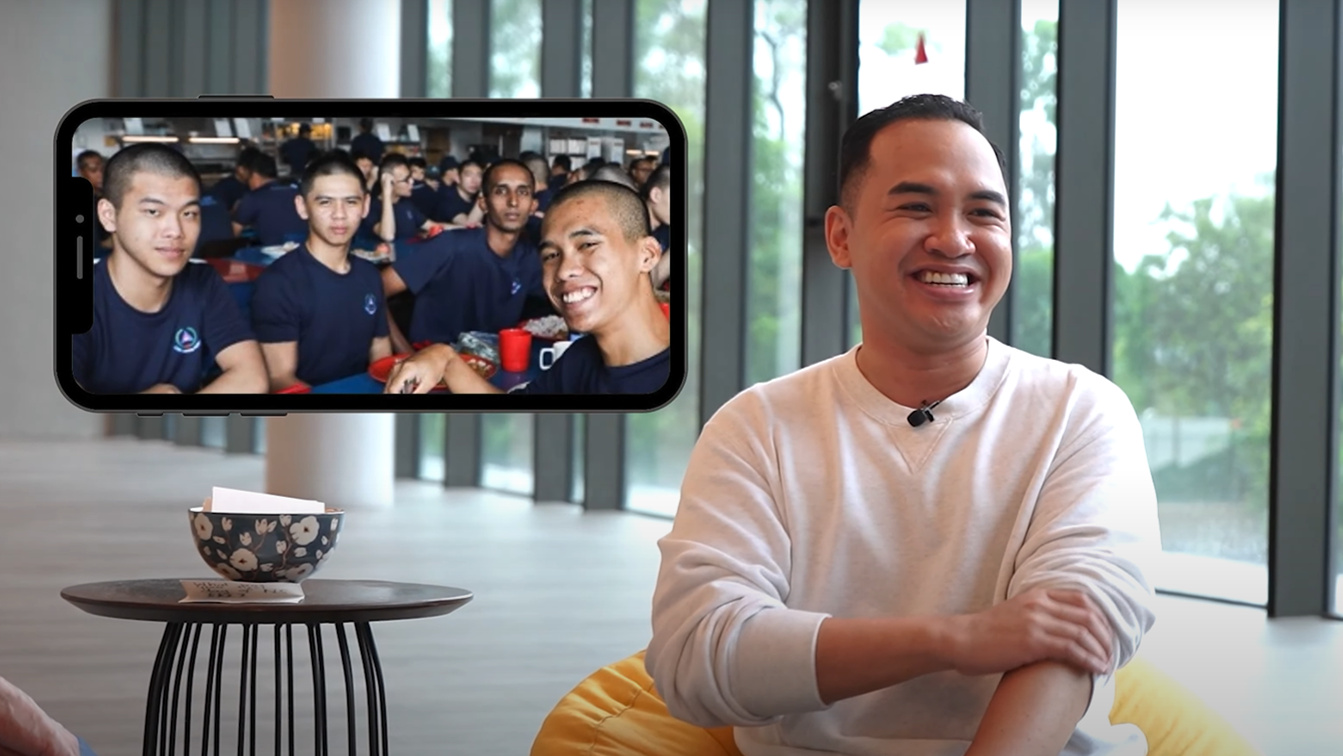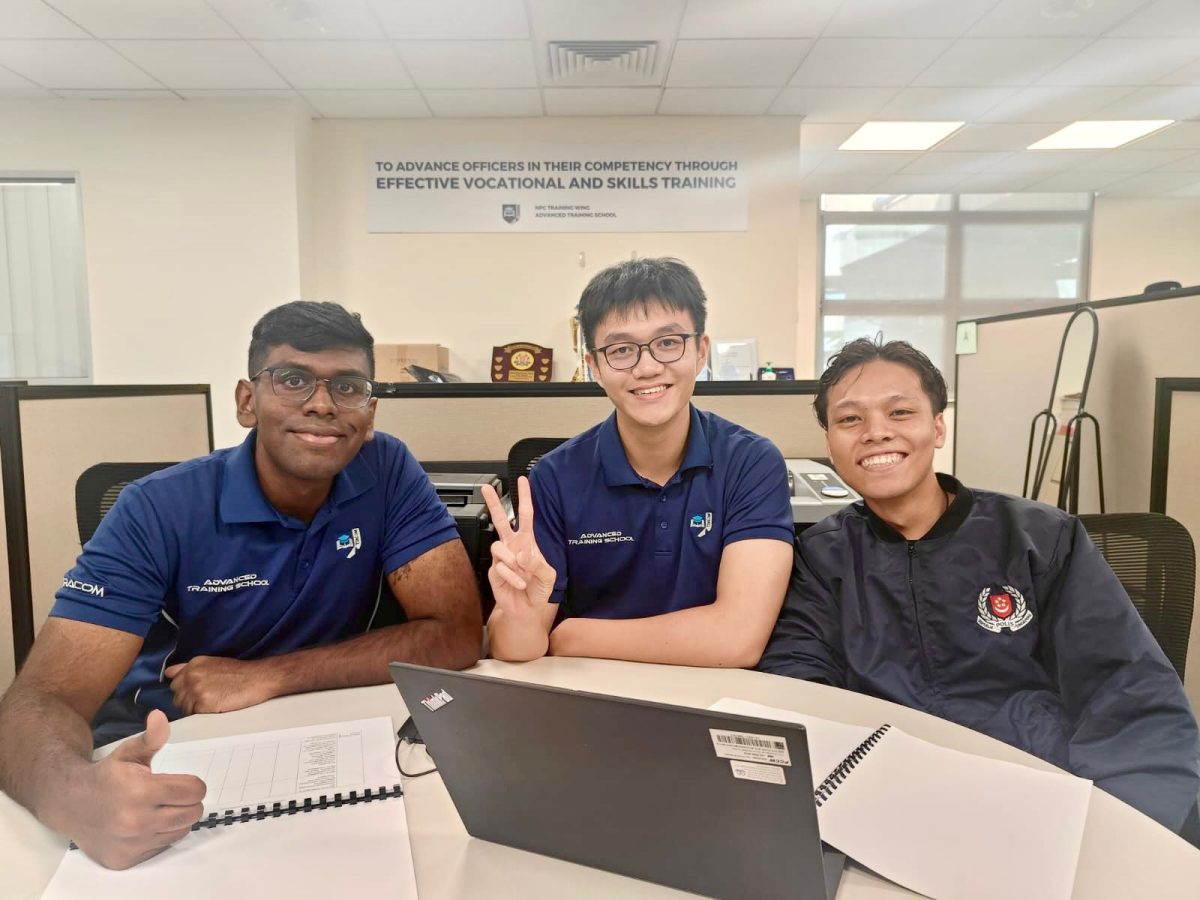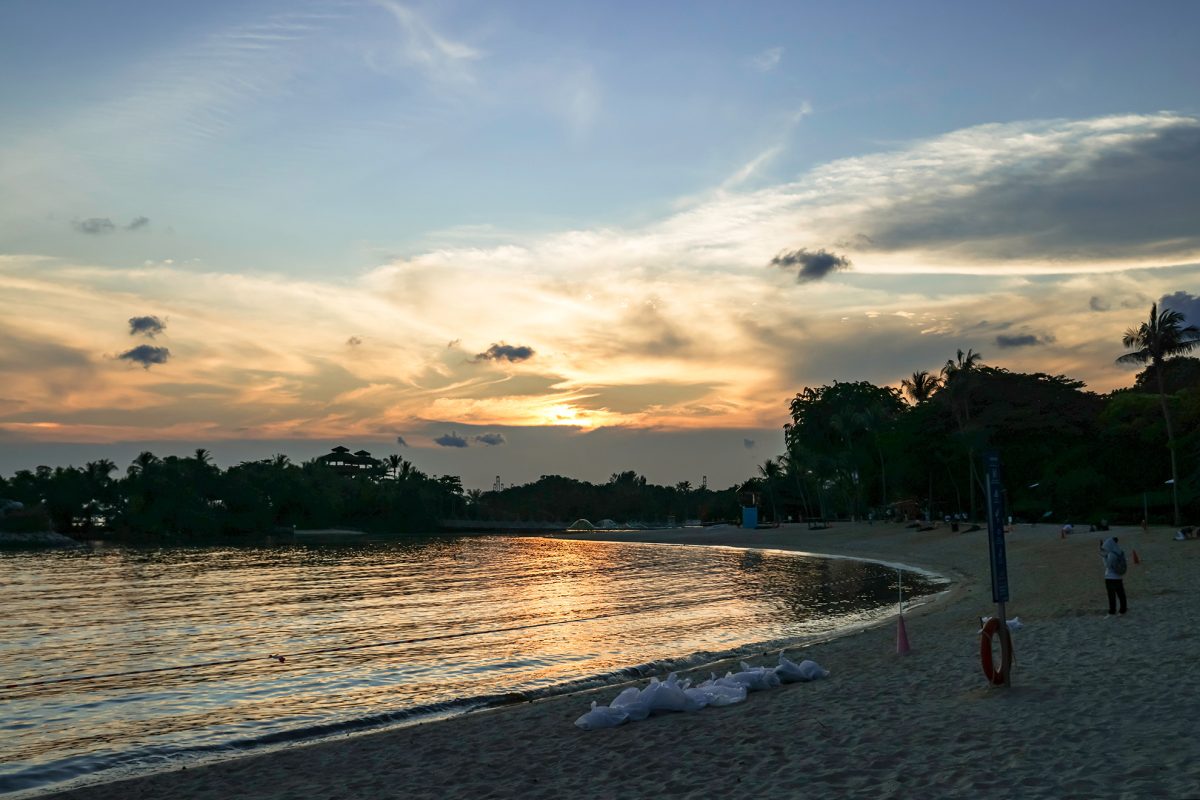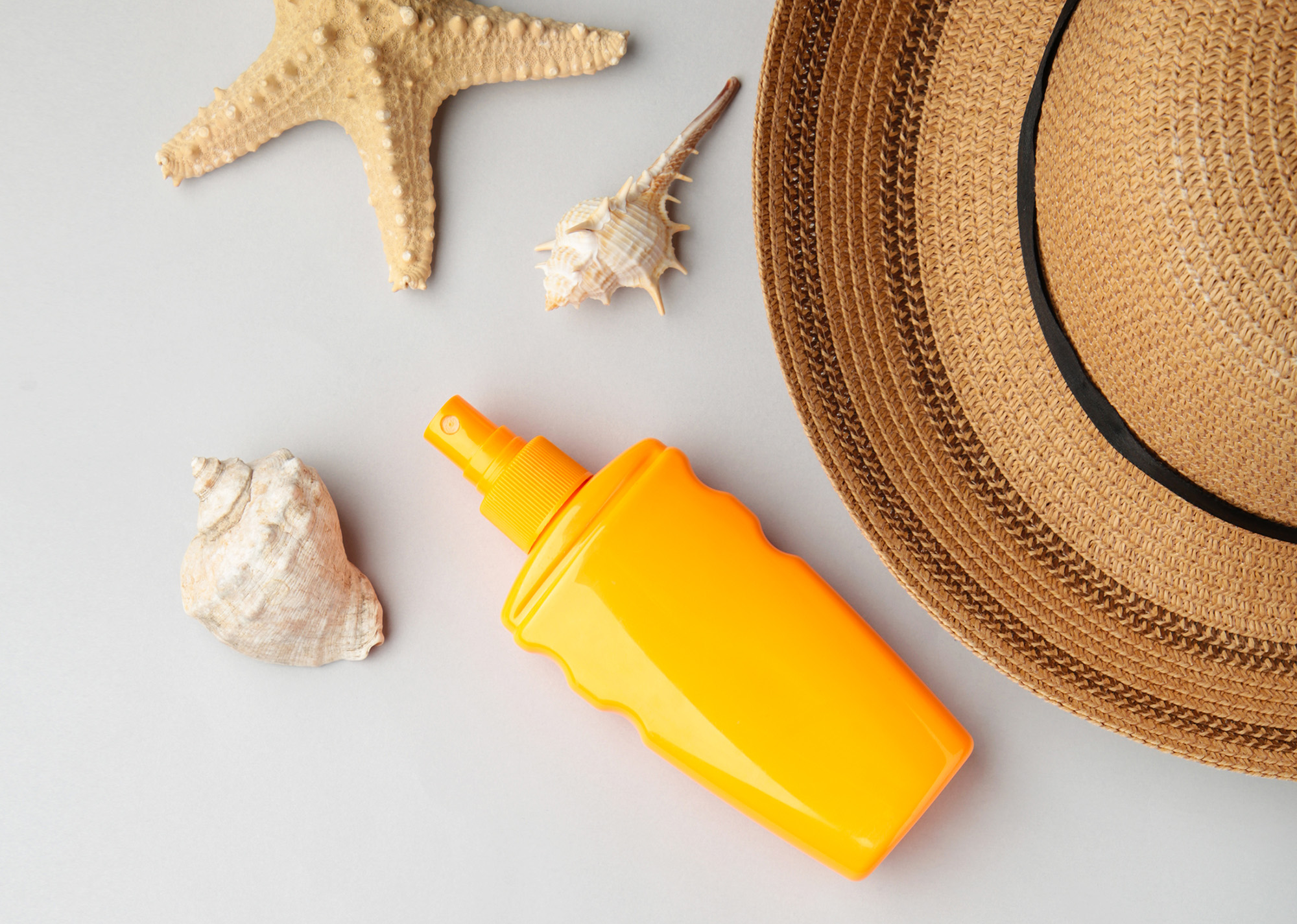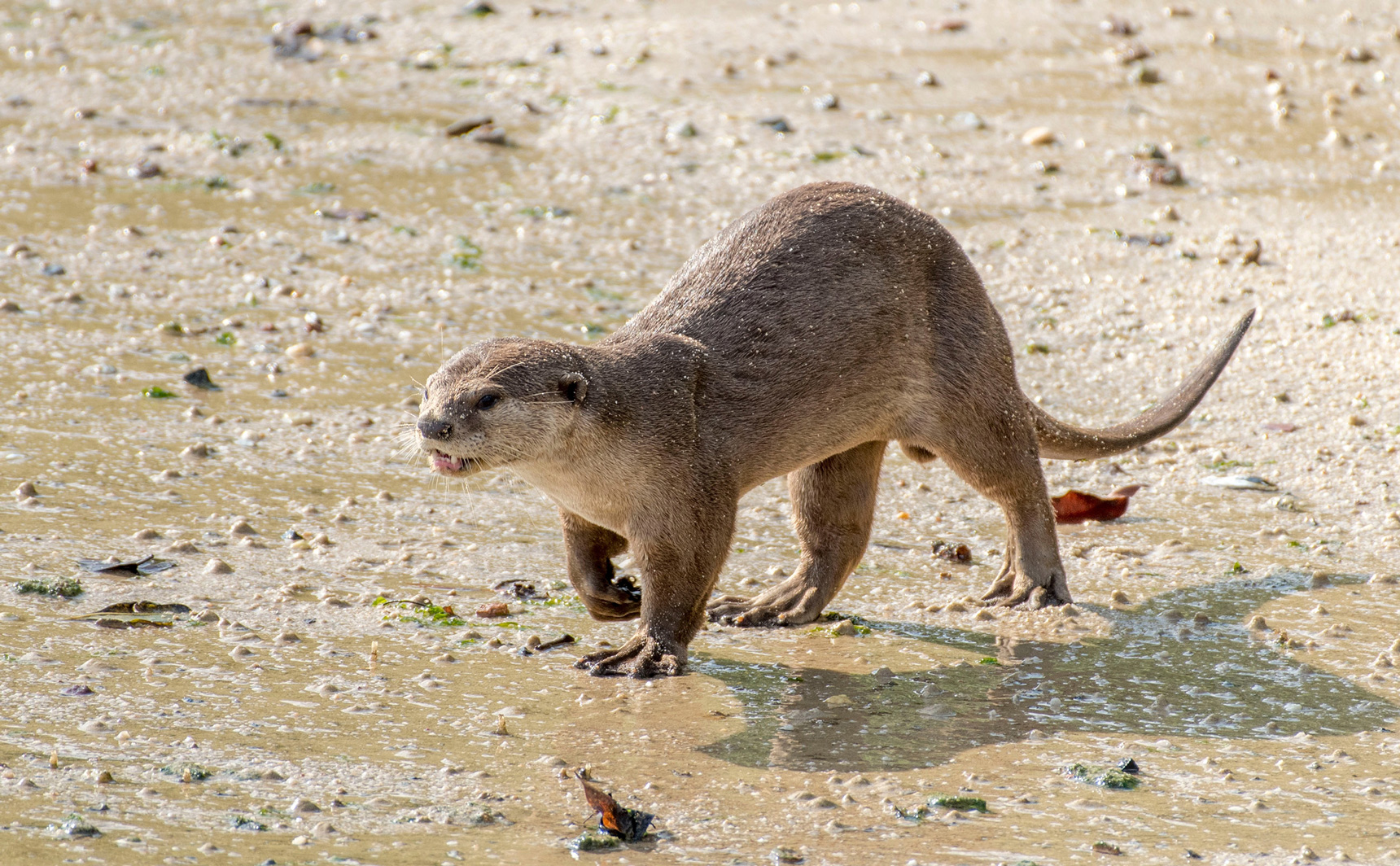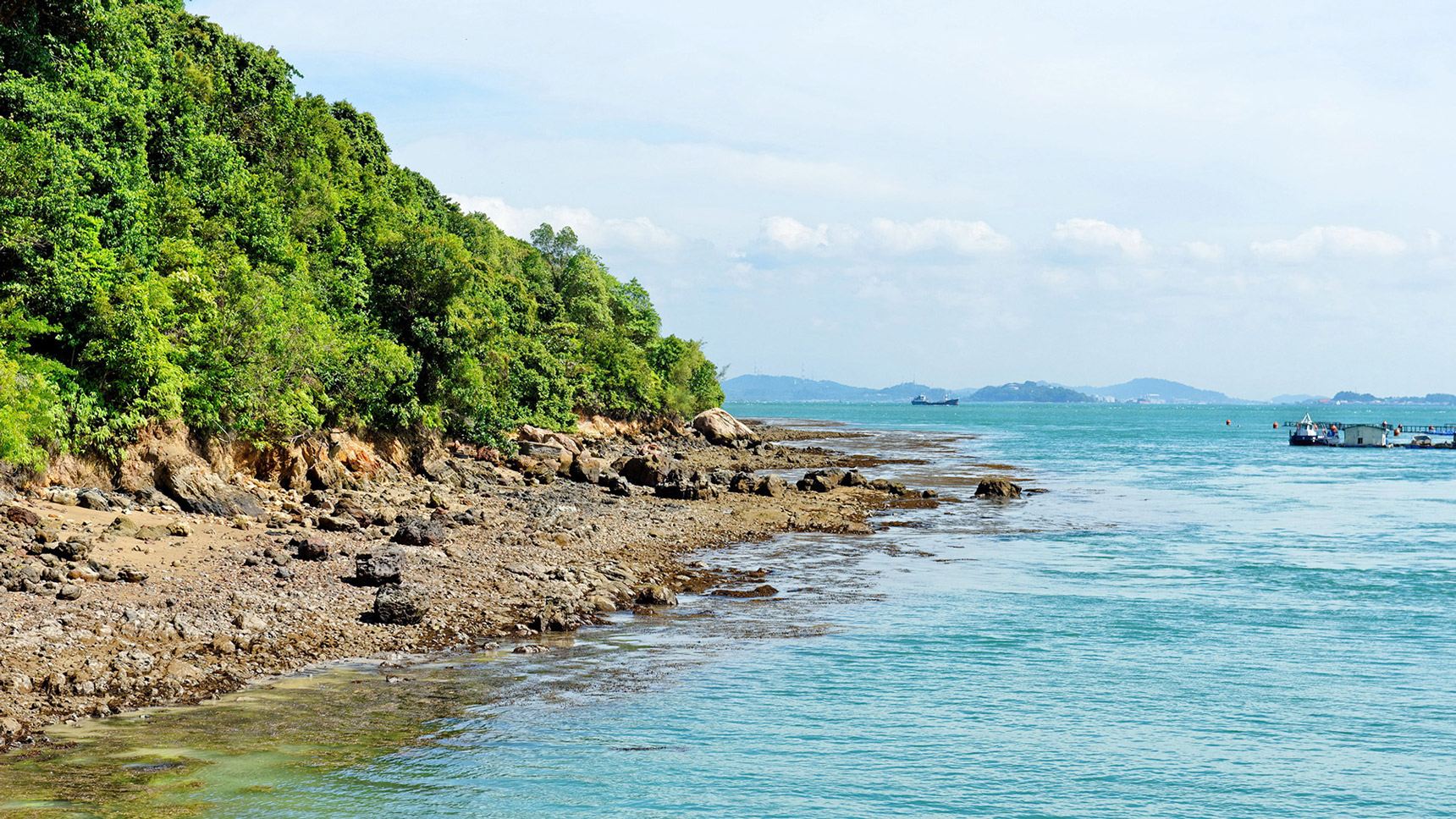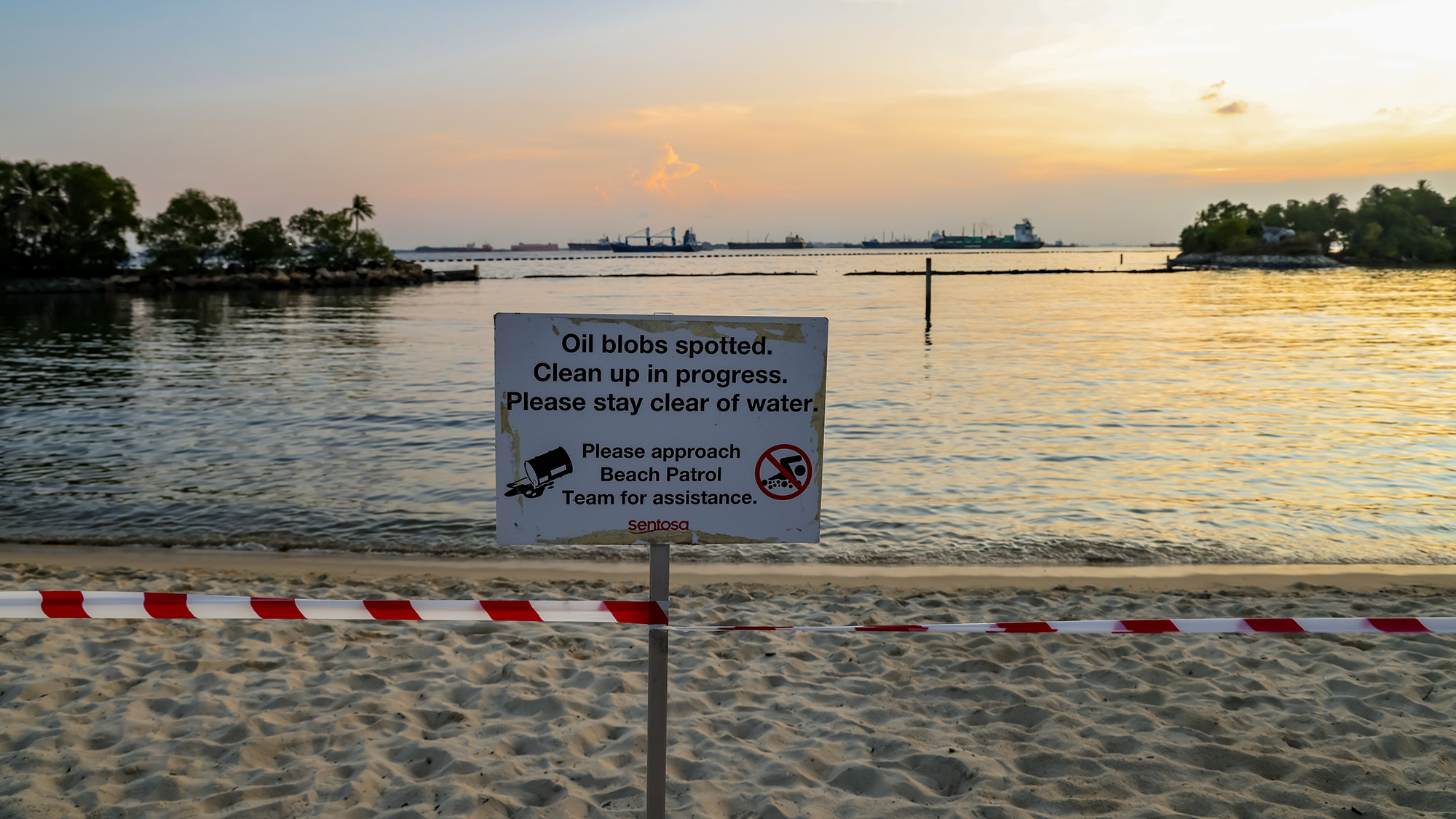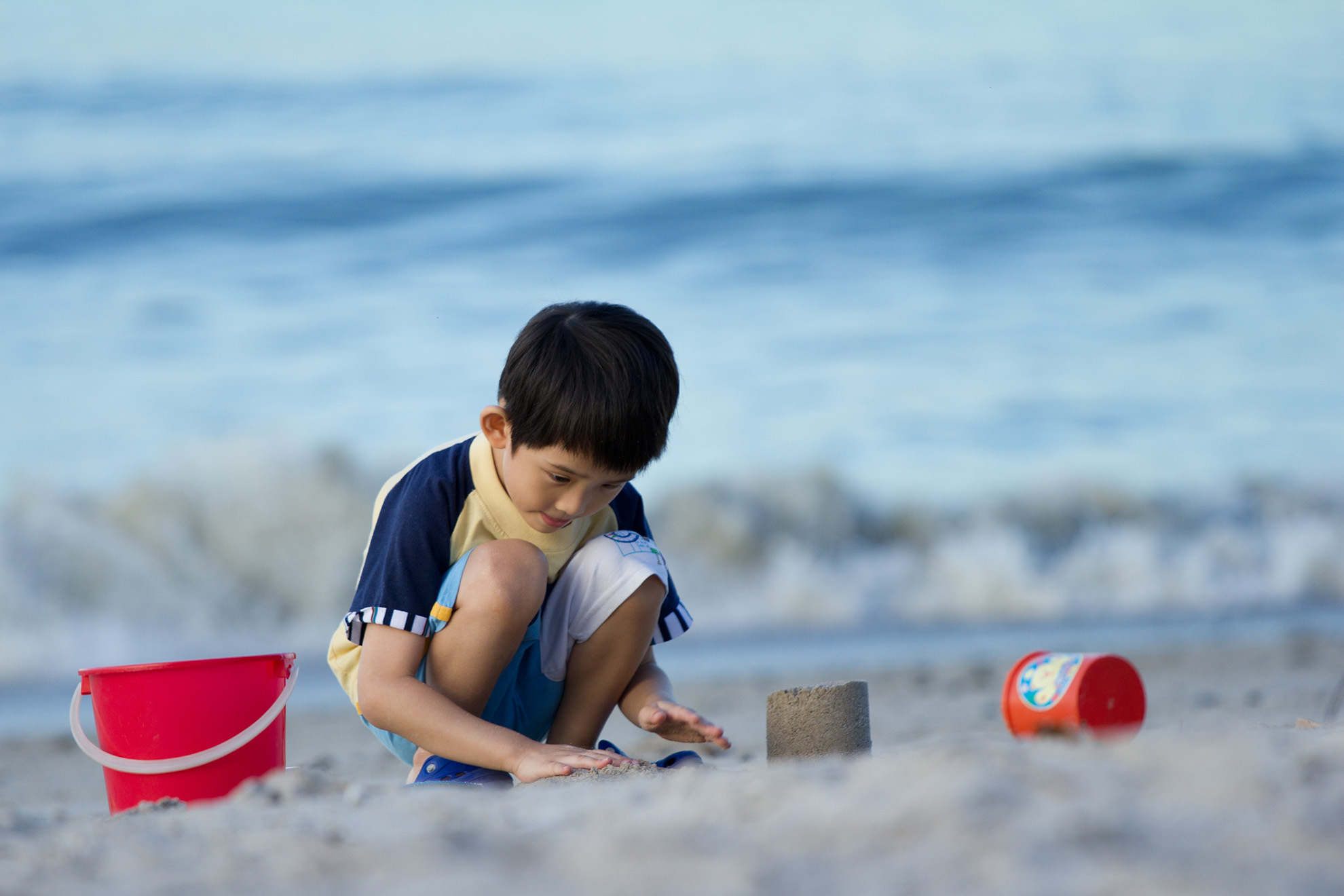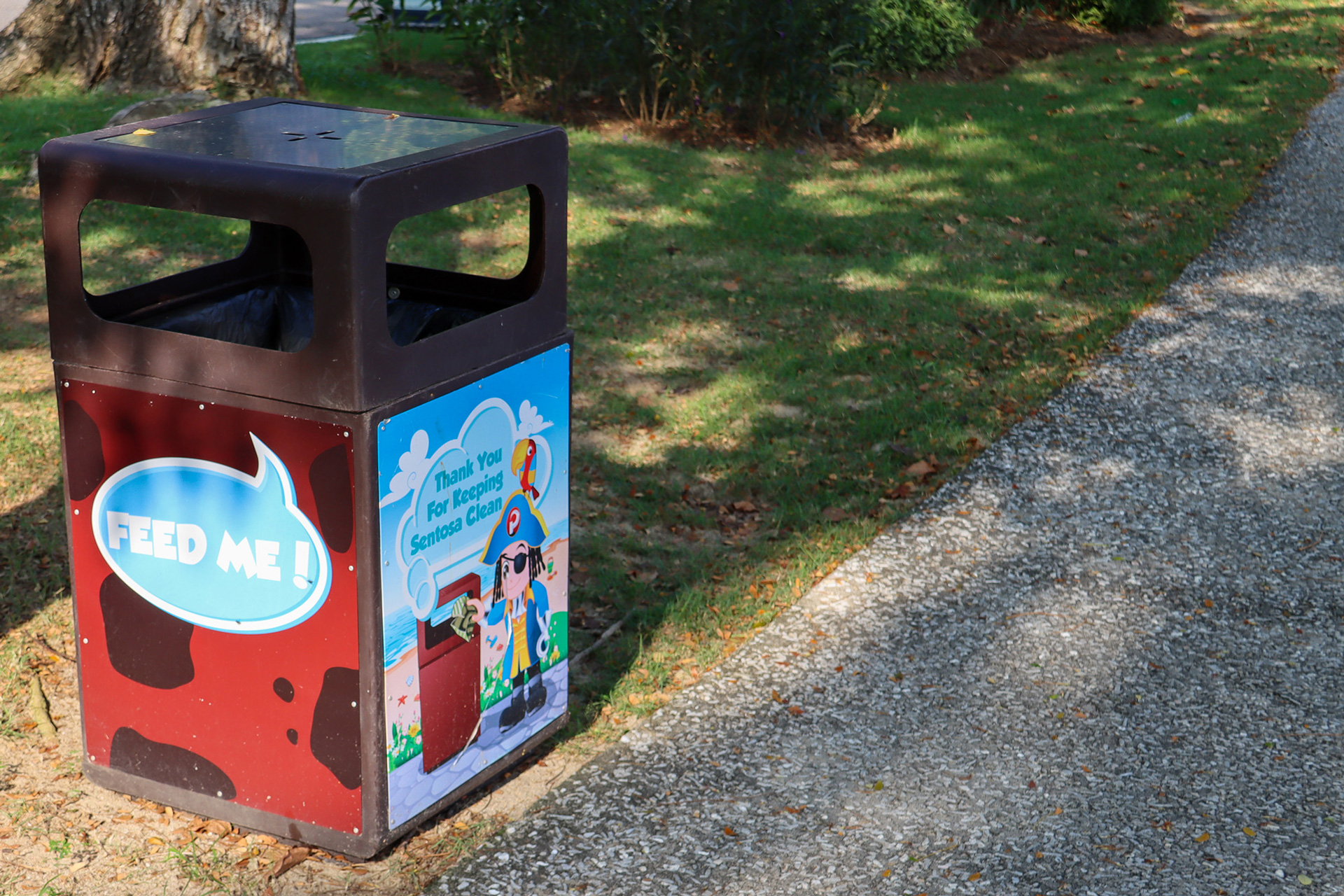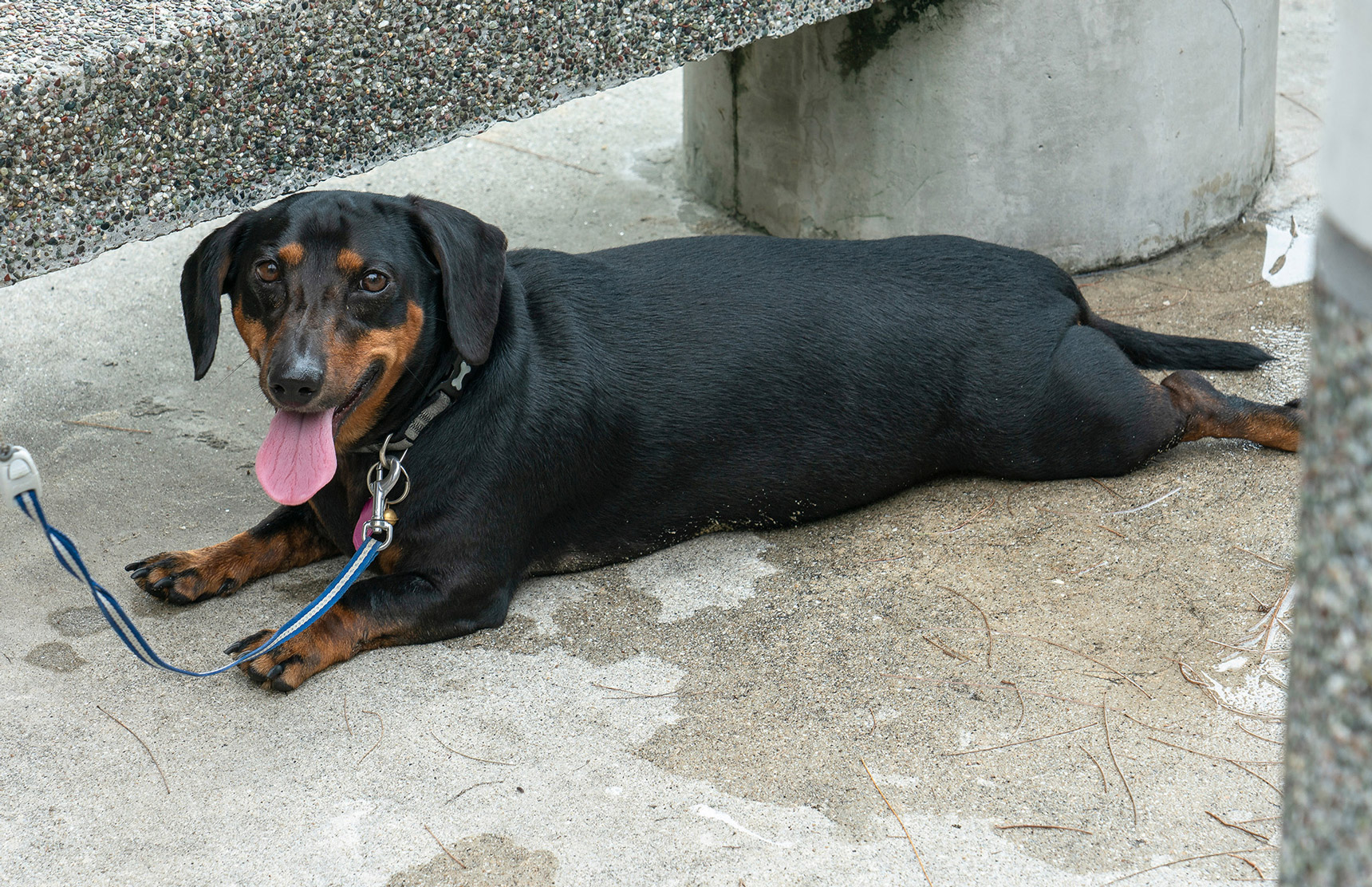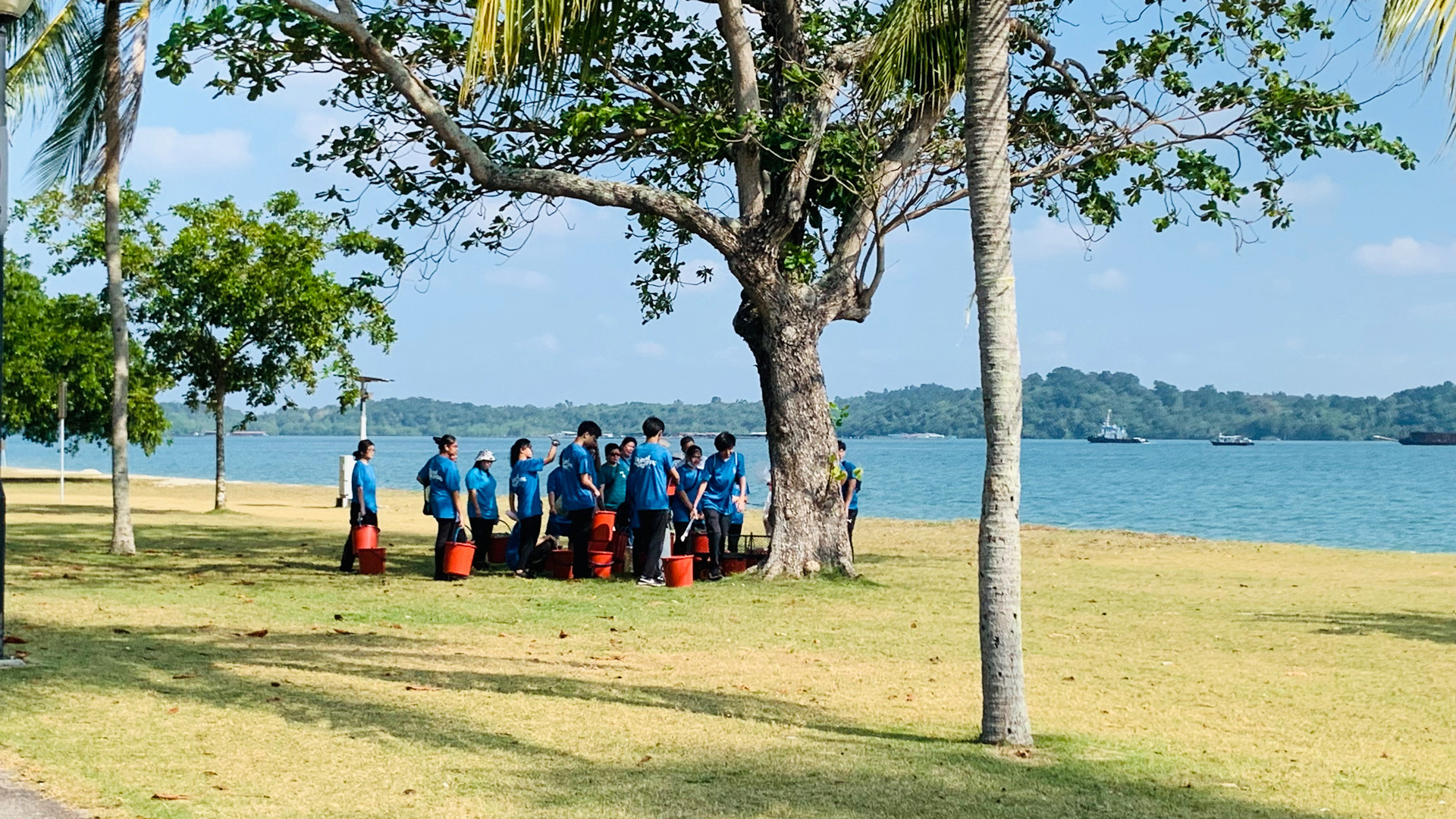From training tips to dietary advice, get race-ready with our ultimate guide to the REAL® Run.
Even the most seasoned marathoner starts with a single step – and for many runners, the HomeTeamNS REAL® Run might be their first race. Luckily, Fitness Workz instructor Soo Wei Jun, 21, is here to offer encouragement: “Finishing the race is an achievement in itself,” he says. “Believe in yourself and enjoy the journey.” Here are his tips to help you get race-ready.
BEFORE THE RUN
If you’re aiming for a personal best in the 10km race, incorporate interval training — short bursts of high-intensity running followed by rest — to boost your speed. “This enhances your anaerobic capacity and helps improve your performance,” Wei Jun explains.
For less-experienced runners, it’s important not to overexert yourself before the race. Instead, build your stamina gradually with manageable runs to minimise the risk of injury.

Make sure to stay well-hydrated before the race as well as proper hydration is crucial, especially in hot weather. “Drink water before, during and after your run to prevent dehydration,” Wei Jun advises. “The day before, consider including electrolyte-rich drinks if needed.”
On race day, eat a light, balanced breakfast — such as oatmeal, toast or a smoothie — two to three hours before the start to fuel your body. “This gives your body time to digest and convert food into energy for the run,” he explains. And don’t forget to stretch before the race, focusing on your knees, hips, shoulders and neck to prevent tension during the run.

DURING THE RACE
Despite the heat and muscle fatigue, you might feel compelled to push yourself to meet your goal time. However, this can be dangerous and lead to injury, warns Wei Jun. Overexertion may also lead to rhabdomyolysis, where muscle breakdown causes the release of toxic chemicals into the bloodstream. If you experience very dark urine, pain at rest, or muscle weakness, stop and seek medical attention.
Instead, Wei Jun suggests striking a balance: “Listen to your body, monitor your breathing, recognise signs of fatigue or discomfort, and adjust your pace accordingly,” he emphasises. “This allows you to maintain a sustainable effort without compromising on performance.”

For those participating in the 1.6km Fun Walk with older relatives or young children, the focus shifts to preventing overheating. Bring plenty of water, sunscreen, hats and snacks, and ensure everyone wears comfortable shoes.
To keep kids engaged during the walk, Wei Jun suggests turning it into a fun family activity: “Incorporate games or challenges to make the experience enjoyable,” he suggests. For example, you can ask them to count red cars or people with hats or complete the provided task card together for a chance to win a prize.
AFTER CROSSING THE FINISH LINE
After the race, runners should prioritise a proper cool-down to help their muscles recover and prevent stiffness, says Wei Jun. “This can include light jogging or walking, followed by gentle stretching.”
Once you’ve cooled down, enjoy a balanced meal and hydrate to replenish your energy. Wei Jun recommends foods rich in protein and carbohydrates, such as lean chicken breast with rice, fish with pasta or snacks like avocados, nut butter and bananas.

If your muscles feel tight and sore post-race, foam rolling can be beneficial, he notes. Research shows it helps enhance muscle recovery and maintain performance.
After the event, take a well-deserved break before resuming your regular exercise routine. “Resting allows your body to recover fully, reducing the risk of injury and improving performance in future races,” advises Wei Jun.
He hopes these tips will boost success for REAL® Run participants while making the experience enjoyable. “Remember, every runner starts somewhere. Your participation in the race is a testament to your dedication and effort,” he adds.
PREP AND RECOVER AT HOMETEAMNS

- To get race-ready, head to your nearest HomeTeamNS clubhouse. At any Fitness Workz gym, located in all four HomeTeamNS clubhouses, you can train for the REAL® Run or other events starting as early as 7am — perfect for squeezing in a workout before work.
- Choose from a 12-month all-club access pass, a single club membership, or pay per walk-in. HomeTeamNS members enjoy preferential rates.
- For extra motivation or guidance, explore in-house fitness classes or personal training with our qualified instructors.
- After the run, cool off and soothe aching muscles with a relaxing dip in a HomeTeamNS clubhouse pool. The infinity pool at HomeTeamNS Bedok Reservoir offers a serene view, while the eco-filtration technology at HomeTeamNS Khatib is gentler on sunburned skin (don’t forget to apply sunscreen before the run!).
Like our stories? Subscribe to our Frontline Digital newsletters now! Simply download the HomeTeamNS Mobile App and update your communication preference to ‘Receive Digital Frontline Magazine’, through the App Settings.

